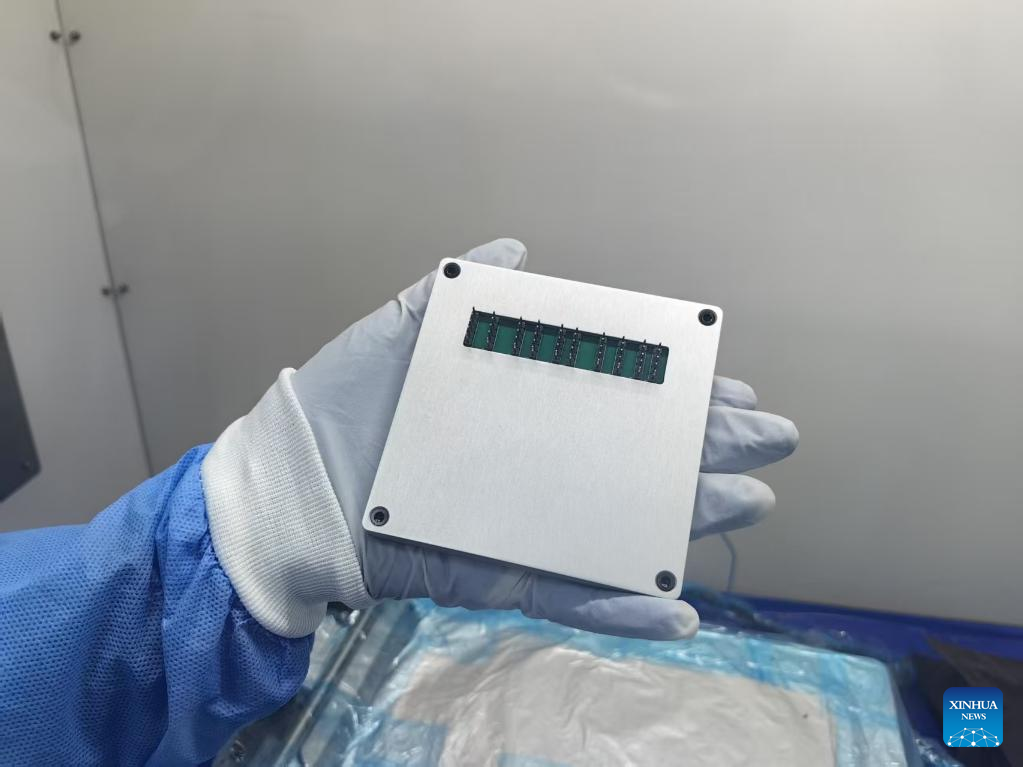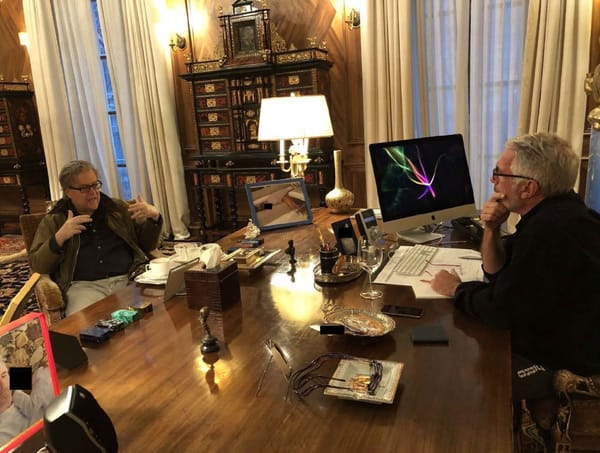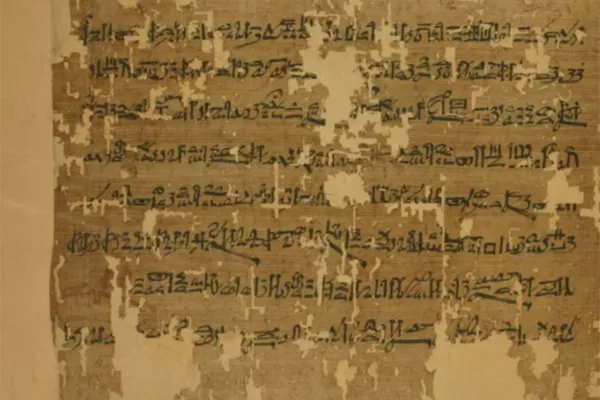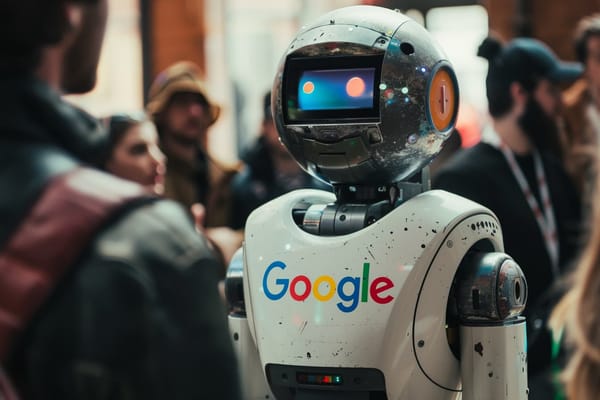Scientists Unveil ‘Eternal Energy’ Nuclear Battery

A Chinese company has developed a new type of nuclear battery called Zhulong-1, which could be a big step forward in clean energy technology. This battery is based on carbon-14 (C-14), a radioactive material, and is designed to last a very long time.
The company, Wuxi Beita Pharmatech Co., Ltd., is based in Jiangsu Province, China. They worked with Northwest Normal University in Gansu Province to develop this battery.
Nuclear batteries work differently from regular chemical batteries. Instead of storing and releasing energy through chemical reactions, they generate electricity from the natural breakdown of radioactive materials. Wuxi Beita has built an entire system for producing and using C-14, which helped them create Zhulong-1.
Zhang Guanghui, a lead scientist from Northwest Normal University, explained that the key innovation of Zhulong-1 is its use of C-14. This material has a half-life of 5,730 years, meaning it takes that long for half of it to decay. The battery pairs C-14 with a special material called silicon carbide (SiC) to produce electricity. As the C-14 breaks down, it releases tiny particles called beta particles, which interact with the silicon carbide to create a steady flow of electricity.
This design solves some major technical problems, such as making a strong enough C-14 source and improving how efficiently the battery converts energy.
During a live test in Wuxi Beita’s lab, a small LED light powered by Zhulong-1 flashed over 35,000 times in four months without any issues. The team also connected the battery to a Bluetooth chip, which successfully sent and received signals wirelessly.
The battery is named after Zhulong, a mythical Chinese dragon that symbolizes eternal light and energy. The name reflects both Chinese cultural heritage and the battery’s long-lasting power supply, said Cai Dinglong, the head of the project.
Zhulong-1 works in extreme temperatures, from -100°C to 200°C, and has an energy density 10 times higher than regular lithium-ion batteries. It also loses less than 5% of its power over 50 years.
The Hefei Institutes of Physical Science, part of the Chinese Academy of Sciences, tested the battery. Han Yuncheng, a researcher from the Institute of Nuclear Safety Technology, confirmed that Zhulong-1’s performance in power, efficiency, and stability is highly advanced.
These nuclear batteries have many potential uses, including in healthcare, smart technology, and space exploration.
"Notably, they can power permanent implants like brain-computer interfaces or cardiac pacemakers and support networks of trillions of sensors for the Internet of Things," Zhang said.
They could also provide reliable power in extreme environments like deep oceans, Antarctica, the Moon, and Mars. Additionally, they could help interstellar spacecraft run continuously without needing maintenance, Zhang added.
The team is already working on a second version, called Zhulong-2. Their goal is to lower production costs and make it even smaller.
"Zhulong-2 is expected to be launched by the end of this year or early next year, measuring only the size of a coin," Cai said.
Thanks for visiting Our Secret House. Create your free account or donate by signing up to never miss any news!





